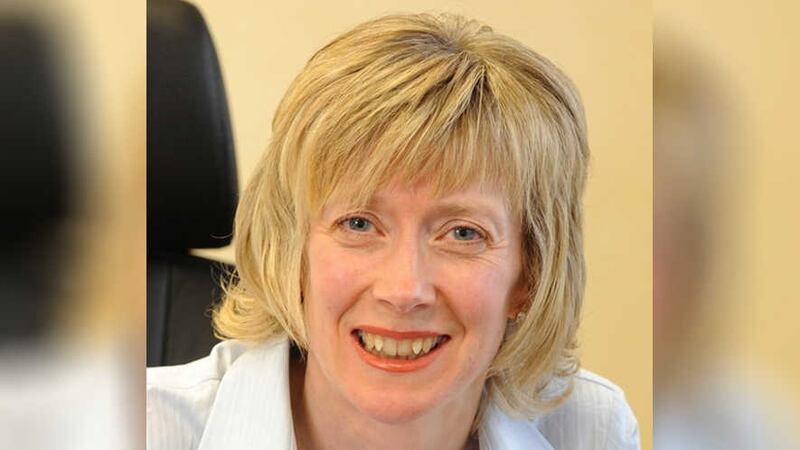At Holyrood, there’s always a briefing for journalists after each cabinet meeting; the Welsh government publishes the minutes and papers from ministers’ meetings after six weeks; and in Dublin journalists in ‘the lobby’ are told beforehand about weekly cabinet meetings, with ministers often answering questions on their way in or on exit.
It’s regarded as a given, a recognition of the role played by the ‘fourth estate’ in promoting public accountability in a functioning democracy.
It’s unclear what media arrangements are in place for the executive of China’s state council when it meets every couple of weeks but they it’s difficulty to imagine them being more secretive than what happens at Stormont.
Last Thursday, the Northern Ireland Executive met for the first time since the July 4 election and King’s Speech. This newspaper described it as “low-key”, journalese for not having a lot to report.
The thrust of our coverage was about the programme for government that hadn’t been agreed, or even discussed, at the meeting, and how there’d been previous pledges to have it in place once the election was out of the way.
There was no official notification of last Thursday’s executive meeting and it went largely unreported by other media outlets. There were no photo-ops outside Stormont Castle and no post-meeting press conference by ministers.
There was, however, the signing-off of agriculture and environment minister Andrew Muir’s Lough Neagh ‘action plan’, a cross-cutting strategy that seemingly has full Executive support.
Yet there were no gestures of solidarity with the Alliance minister, and none of his executive colleagues issued statements of support for a document that requires a breadth of buy-in if it is to have any impact.

Ministers were also unavailable to answer questions about the Covid inquiry’s first report, which was critical of the UK government and all the devolved administrations over their lack of preparedness for the pandemic.
In terms of progressing the programme for government, a policy plan we were assured would be delivered in draft form “by summer”, it’s unclear what happens over the coming weeks – or what’s supposed to happen.
When The Irish News enquired about plans for ministers to meet during the Assembly’s recess period, we were told bluntly that the Executive Office would “not be providing a running commentary on the schedule for future executive meetings”.
You’ll recall how the terminally tactless Chris Heaton-Harris deployed the same dismissive turn of phrase at Hillsborough before Christmas, during negotiations to restore the executive. On that occasion, it conveyed an air of not being accountable to anyone.
Stormont’s opaqueness has drawn criticism in the past but in 2020, on the back of the RHI scandal, we were assured that the new decade was ushering in a new approach, and an era of greater transparency.
However, in the months since devolution was restored, a familiar pattern has emerged as ministers revert to their old ways.
Ask yourself when was the last time you saw Sinn Féin or DUP minister make themselves available to speak to the media in a manner their counterparts in Dublin, London and Edinburgh do?
With few exceptions, it’s a culture that goes right to the top and one that regards media scrutiny as an inconvenience rather than an obligation.
Many aspects of systems of government clearly need reformed - non more so than the ad hoc and amateurish approach to communicating with the public.








